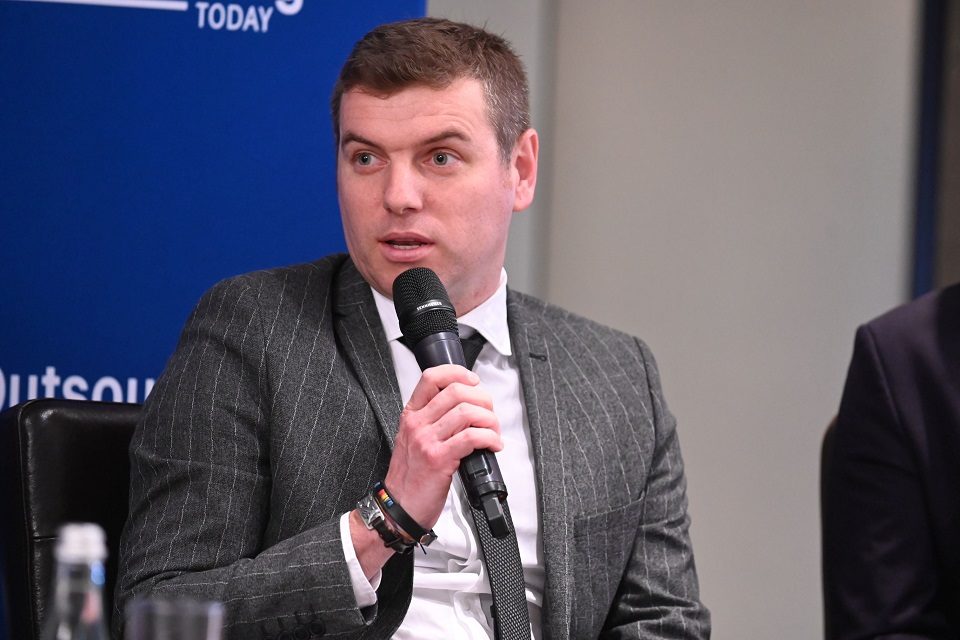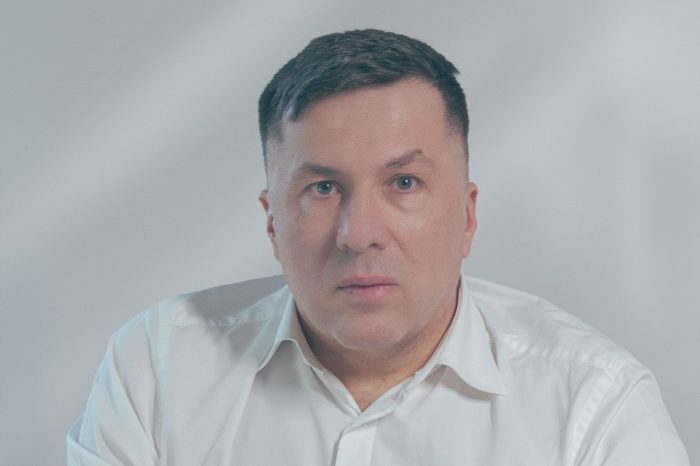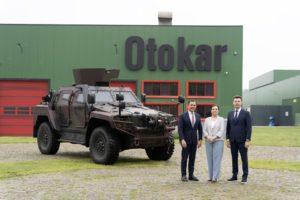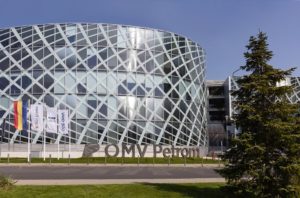Mircea Blaga, TenarisSilcotub: “There should be a recognition for investing in reducing CO2 emissions”

“Unfortunately, the steel producing industry in Romania is in free fall. There are few players left in the market. A few years ago, the national production was 9 million tons. Today, production is around 3 million tons.
TenarisSilcotub is the main producer of tubular materials, of seamless pipes in the Romanian market and we serve probably the most important industries in the Romanian economy: energy, automotive, oil & gas. We use technology based on electric arc furnaces today. It is the least polluting technology globally in terms of CO2 emissions, but this technology also comes with a price because it is an energy-consuming technology, which forces us to be very involved and persistent in reducing our electricity consumption as much as possible. We always seek to increase energy efficiency in production,” Mircea Blaga, Steel Shop Senior Director, TenarisSilcotub said during Energy Efficiency for Sustainable Business Conference organized by The Diplomat-Bucharest.
“We invest massively in new technologies to be able to attach various monitoring tools to them, with which we can later identify opportunities for improvement.
We have a dedicated division that works with various algorithms, probably the most advanced mathematical methods and algorithms by which we try to understand what exactly we can do better in such a way that we at least align with the European regulations. We are always looking for new and innovative solutions to make production more efficient.
We have evaluated hydrogen technology and analyzed to see if it can be integrated into our process at some point. I don’t think it is among our priorities at the moment for several reasons, including the quality of the steel, but we have other technologies and ideas, but of course we need a lot of support from local and national institutions.
Coherence is needed from the state institutions and there must be a consultation with the industrial environment.
At the local level, more decision-making power and technical knowledge are needed, as many decisions are delayed or not taken at all. There is a fear of making the wrong decision and that makes us waste a lot of time, we lose opportunities. The steel industry is dynamic, it is constantly evolving, we cannot wait months for answers, and therefore we must constantly rethink our strategy.
There should be a recognition for companies that invest in reducing CO2 emissions and have done this long before it became a topic on the political agenda.”















